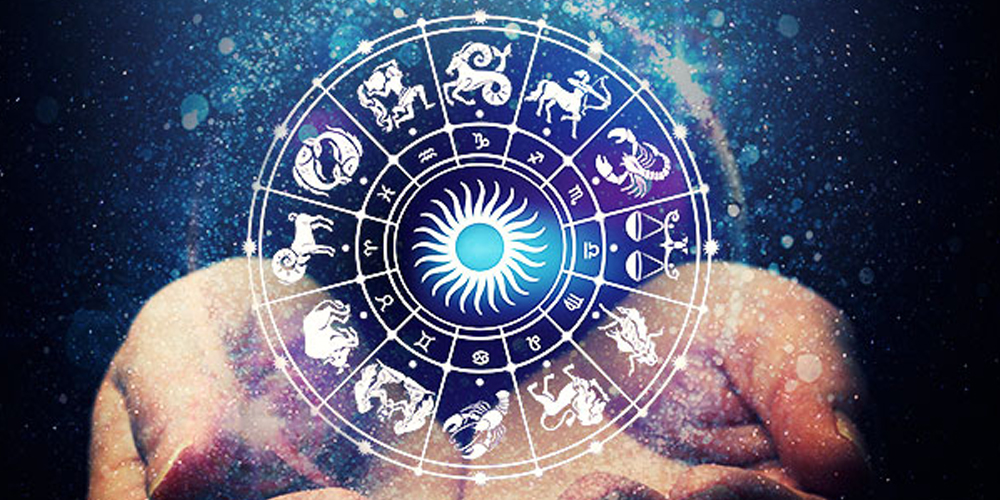
Astrologers, those mysterious interpreters of the celestial realm, have captivated human imagination for centuries. In a world where science and mysticism often collide, personal astrology reading occupy a unique space, offering insights into our lives and destinies by deciphering the movements of celestial bodies. While some consider astrology a pseudoscience, for many, it’s a source of guidance and self-discovery.
Ancient Origins: The roots of astrology can be traced back to ancient civilizations, with the Babylonians, Egyptians, and Greeks all playing pivotal roles in its development. The Babylonians, for instance, crafted the zodiac we know today, a 12-part division of the sky that correlates with the Earth’s annual orbit around the sun. This paved the way for what we now recognize as Western astrology.
Starry Connections: Astrologers believe that the positions and movements of celestial bodies—like the sun, moon, planets, and stars—can influence human behavior and destiny. The zodiac signs, divided into 12 distinct personality archetypes, are central to astrological practice. Astrologers study the positions of these celestial bodies at the time of a person’s birth to create a birth chart or natal chart, which serves as a roadmap to an individual’s life.
The Astrologer’s Craft: Astrologers undergo rigorous training to master their craft. They must understand the complex interplay between planets, their retrograde motions, and their relationships with the signs of the zodiac. This knowledge is combined with the art of interpretation, which allows astrologers to provide clients with insights into their personality, relationships, and life’s purpose.
Controversy and Criticism: Astrology often faces skepticism from the scientific community, which dismisses it as pseudoscience. Critics argue that the effects of celestial bodies on human lives are not substantiated by empirical evidence. Nonetheless, astrology’s enduring popularity and the countless people who turn to astrologers for guidance underscore its significance in people’s lives.